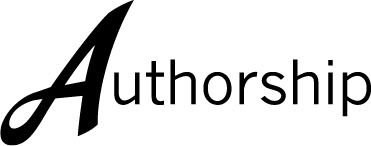Not ‘me – but a supposed person’: Emily Dickinson’s Non-Referential Correspondence
- Trisha Kannan (Santa Fe College)
Abstract
This essay takes issue with the notion of Dickinson as the poet of privacy and argues that her conception of authorship involved a concentrated effort to break traditional conventions and assumptions regarding private communication and literary production. The uniqueness of Dickinson's poetry stems from its cryptic, deceptive, and fierce simplicity, and she achieves the illusion of simplicity through a meticulous attention to diction. Dickinson consciously works with the established notions of public and private during the nineteenth century, and uses the assumed simplicity of the distinction to develop a "new department" of prose and poetry that centers on manuscript construction and circulation. Dickinson's manuscripts reveal a sustained commitment to breaking the generic conventions of lyric poetry and epistolary prose. Readers since the nineteenth century have searched within Dickinson's correspondence for a static, autobiographical "I" in order to make the lyric "I" of her poetry more clear. However, assuming a static "I" proves problematic in both genres. Readers have sought an explanation of the poetry in Dickinson's biography, and they often turn to the letters as evidence, but a static voice in the correspondence proves to be an illusion. In contrast to the spontaneous, natural, and emotional letters that proper nineteenth-century women were supposed to write, Dickinson makes private communication artful. Dickinson's body of work represents a meticulous exploration into the power of un-occasional, non-referential prose and poetry.
Keywords: Emily Dickinson, Authorship, Authorial voice, Gender, Trisha, Kannan
How to Cite:
Kannan, T., (2011) “Not ‘me – but a supposed person’: Emily Dickinson’s Non-Referential Correspondence”, Authorship 1(1). doi: https://doi.org/10.21825/aj.v1i1.776
Downloads:
Download PDF
View PDF
